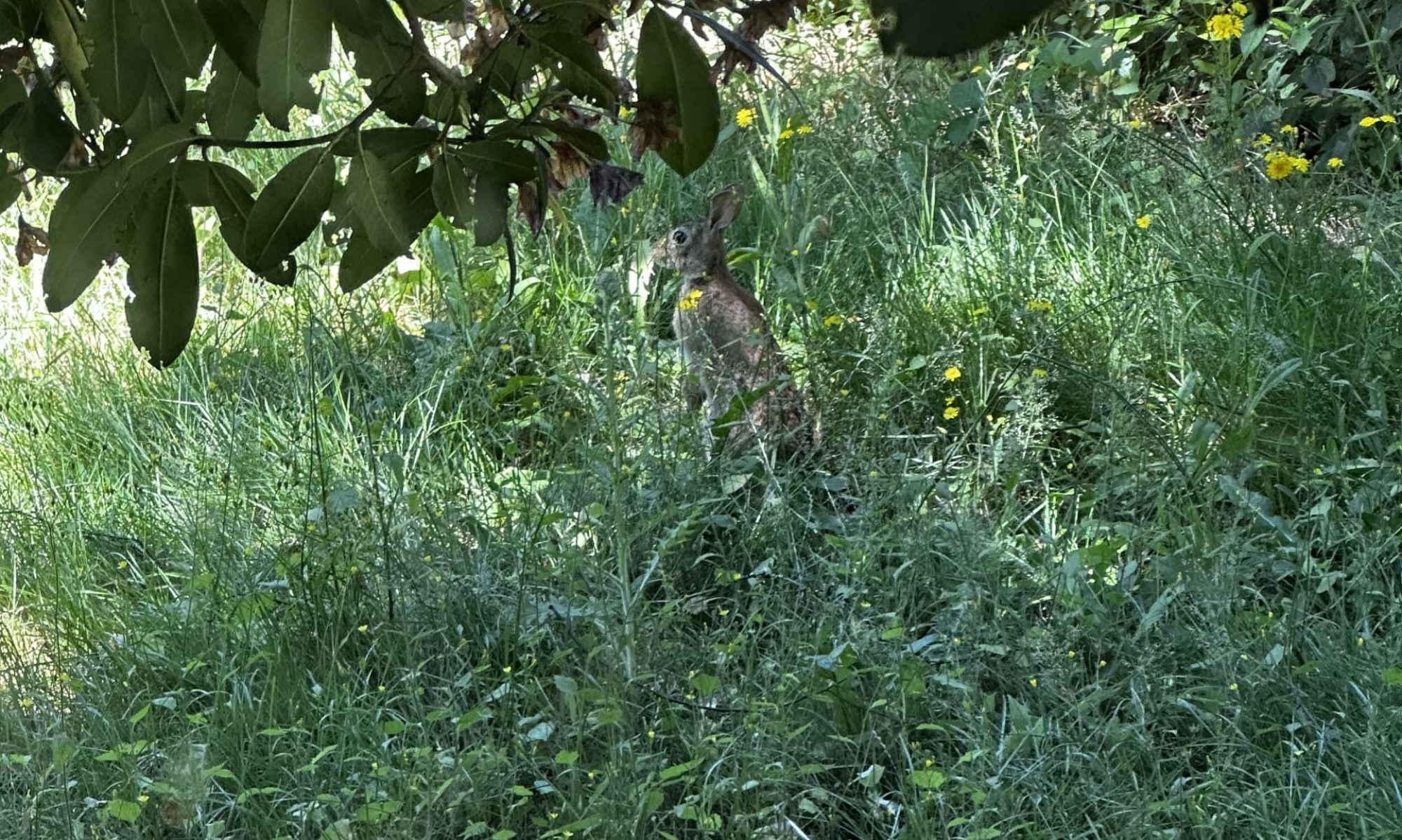Jung said “Everything that irritates us about others can lead us to an understanding of ourselves.” This is often misquoted as something along the lines of “what we don’t like in others is something we don’t like about ourselves.” There is a difference in these messages. The second, not what Jung said, implies that if we don’t like someone or don’t like something they did that it is about our own internal stuff and not about that person or what they actually did. The actual quote invites us to look at ourselves and understand more fully why we are irritated: perhaps we are irritated because this person is constantly crossing our boundaries or giving unsolicited advice or tries to gas light us and so our irritation is showing us our boundaries and what we are willing to tolerate from other people.
A thing is, we don’t have to like every person on the planet. I think it is safe to say that the majority of our population doesn’t like a particular leader (or several) right now. This is a GOOD THING. It means we are clear on our own boundaries of what we are willing to tolerate from others. And when others are clearly immovable (thank you Kelly Diels for this word) around issues that are vital to our humanity, well… I don’t have time or energy to spend on them.
And a few words about gas lighting: I can smell gas lighting from about a mile away. When I witness another being gas lighted or when someone is trying to gaslight me, I have a very specific physical reaction. So, while my mind may not be able to piece together logically what is going on, my body knows and I have learned to listen.
If a person is really good at gaslighting, and most who do it are, our mind is typically left with a feeling of unease but we don’t really know why. Looking at behavior they aren’t doing anything “wrong”. But there is a repetition and pattern that you can observe over time if you continue to stay aware and listening to those feelings.
Gaslighting is abuse. Period. It is also about control and having a sense of superiority and status.
I don’t tolerate gaslighting. At all. And because I have a finely tuned sensor I know when it’s happening. I still also always check in with myself to see if there is something about me in the situation or not. Most of the time there is not. And so I will either clearly state NO to the person or walk away (because another thing about gas lighters is that I really don’t know they realized what they are actually doing and would never own that they are attempting to gas light another).
This comes back to us not being required to like everyone and needing to be “be nice” or “polite” to everyone. And also, saying NO is NOT being impolite. Setting boundaries is NOT being rude. Not tolerating unacceptable behaviors, like gas lighting, doesn’t mean WE are the one with the problem.
So, yes, if someone irritates you, do stop and look within and take the time to see if this is an opportunity for you to grow. And maybe where the opportunity for you to grow is in setting and defending boundaries and learning when to walk away.
In rebellious solidarity.
xoox
If you’d like to explore gas lighting, boundaries and consent in a community of other women, I invite you to join Isabel Abbott and I for our six month circle, Body of Consent. To learn more and register, click right here.
